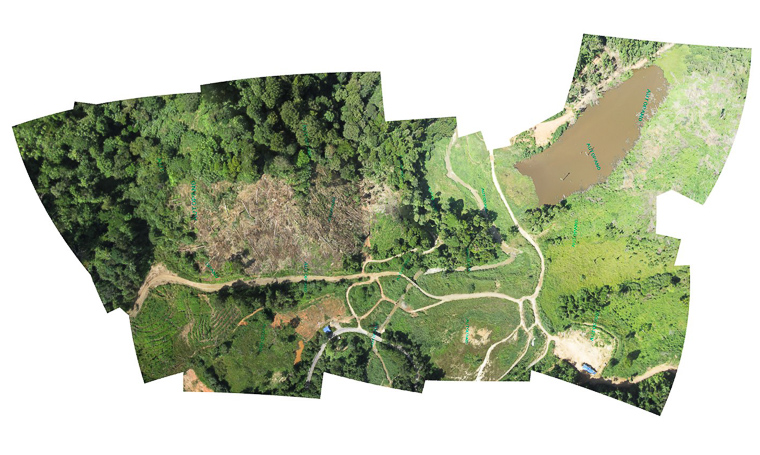MIT Develops AI-Driven Control System for Drones in Uncertain Conditions

In a significant advancement in autonomous flight technology, researchers at the Massachusetts Institute of Technology (MIT) have developed a new adaptive control system that enhances the ability of drones to navigate unpredictable environments. This innovative system, which utilizes artificial intelligence (AI) to minimize trajectory tracking errors, could revolutionize applications ranging from disaster response to package delivery.
The research, published on June 9, 2025, highlights the challenges faced by drones operating under variable conditions, such as gusting winds that can divert their intended flight paths. The newly developed control system employs machine learning techniques to automatically adapt to unknown disturbances, significantly improving the drones' ability to maintain their trajectories in the face of unpredictable environmental factors.
According to Navid Azizan, the Esther and Harold E. Edgerton Assistant Professor in the MIT Department of Mechanical Engineering and a principal investigator at the Institute for Data, Systems, and Society, the system is unique in that it does not require pre-existing knowledge of environmental disturbances. Instead, it learns from observational data collected during flight. "By leveraging meta-learning, our controller can automatically make choices that will be best for quick adaptation," Azizan stated.
The control system achieves a remarkable 50 percent reduction in trajectory tracking error compared to traditional methods in simulation tests. This performance improvement is attributed to the system's ability to select the most suitable optimization algorithm based on the specific disturbances encountered during flight. The researchers' approach marks a departure from conventional control systems that rely heavily on pre-defined models and algorithms.
The methodology incorporates a neural network model that approximates disturbances based on real-time data, eliminating the need for predetermined parameters. This allows the adaptive control system to effectively manage a range of unknown conditions, such as varying wind speeds, without requiring constant recalibration.
The implications of this research extend beyond theoretical applications. Drones equipped with this adaptive control system could play crucial roles in delivering supplies during natural disasters, such as wildfires or floods, where environmental conditions can change rapidly. Moreover, the technology could enhance the efficiency of drones tasked with monitoring sensitive ecological areas, providing vital data while minimizing the risk of operational failure.
Babak Hassibi, a professor of Electrical Engineering and Computing and Mathematical Sciences at Caltech, commented on the significance of the research, stating, "Navid and his collaborators have developed breakthrough work that combines meta-learning with conventional adaptive control to learn nonlinear features from data. Their work can contribute significantly to the design of autonomous systems that need to operate in complex and uncertain environments."
As the research team moves forward, they plan to conduct hardware experiments to validate their control system in real-world scenarios. This next phase will involve testing the system on drones under various environmental conditions, including the challenges posed by shifting payloads or multiple sources of disturbances.
In conclusion, the development of this AI-driven control system represents a promising leap forward in the field of autonomous vehicles. The ability of drones to adapt in real-time to fluctuating conditions not only enhances their operational capabilities but also opens new avenues for their application in diverse fields such as logistics, environmental monitoring, and emergency response. As the technology matures, it is expected to play a pivotal role in the future of drone operations, transforming how they are utilized in both everyday and extraordinary circumstances.
Advertisement
Tags
Advertisement





